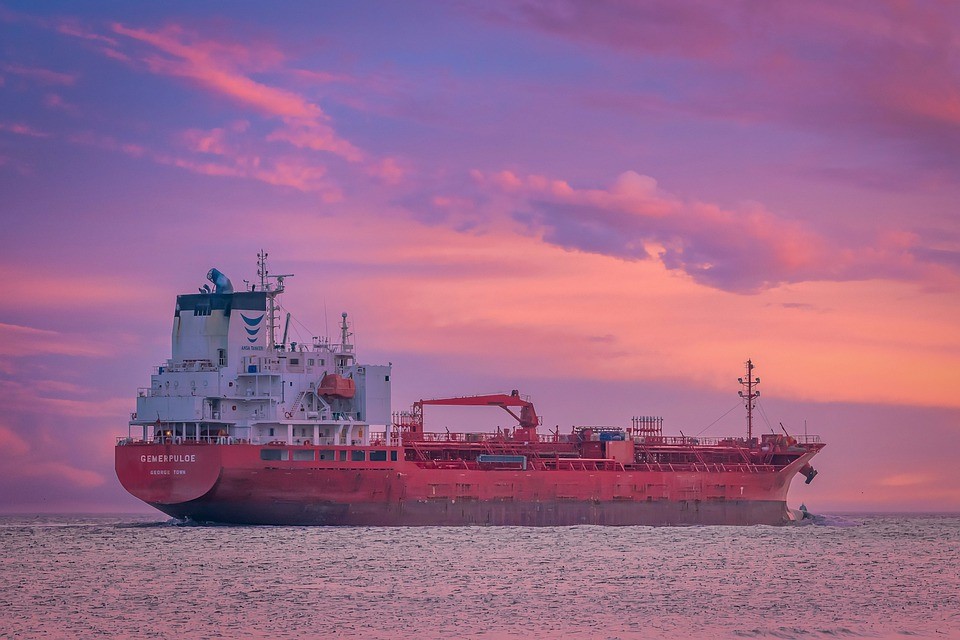
Centralized customs declaration for bonded warehousescustoms clearance: The "Customs Clearance Accelerator" for Foreign Trade Enterprises
As a 20-year veteran in foreign trade, Ive seen too many enterprises struggling with customs clearance issues for small-volume frequent shipments. Each shipment requires separate customs declaration, which is not only cumbersome but also adds significant time and labor costs. Today Ill introducethe centralized customs declaration method for bonded warehouses, a customs facilitation measure specifically designed for such enterprises.
What is centralized customs declaration? Why do enterprises need it?
According to Article 24 of the Regulations of the Peoples Republic of China on Customs Supervision of Bonded Warehouses and Goods Stored Therein, when bonded warehouse goods have the characteristics of"Small quantities, frequent batches", centralized customs declaration procedures may be approved by customs.
The advantages of this customs declaration method are obvious:
- Reduce the number of customs declarations: Consolidate multiple small shipments into a single customs declaration
- Professional agents can achieve the fastest completion within 48 hoursSave on customs brokerage fees and labor costs
- Improve logistics efficiencyEnable faster goods release from warehouse and shorten delivery cycles
- Simplify operational processesAvoid repeated submission of identical documents
Application requirements: Does your enterprise qualify?
Not all enterprises can enjoy this convenience. According to customs regulations, applicants for consolidated customs declaration must meet the following conditions:
- Must be a bonded warehouse enterprise
- Outbound goods must genuinely haveSmall batches, frequent shipments,as characteristics
- Good corporate credit standing with no major compliance violations
Based on my years of practical experience, the following types of enterprises are most suitable to apply:
- Cross-border e-commerceE-commerce enterprises (especially B2C models)
- Parts suppliers
- Enterprises frequently shipping samples
- Industries requiring small-batch multi-frequency distribution like pharmaceuticals and electronics
Preparation of application materials: A well-prepared application is crucial
While application materials may seem simple,the quality of the application often determines approval results. From my experience, a qualified application should include:
- Product names (HS codes are recommended to be specified)
- Detailed shipping destinations (customer distribution regions)
- Accurate shipping frequency (e.g., daily/weekly shipment counts)
- Sufficient justification (business model explanation)
Special reminder: Although customs doesnt prescribe a uniform format, its recommended to reference the attached sample template while maintainingprofessionalism, clarity, and data substantiationI have seen too many companies being required to make corrections due to overly simplified applications, wasting valuable time.
Detailed procedures: From application to implementation
The entire process can be divided into three key steps:
Why do overseas cotton enterprises need to register with China Customs?
The enterprise needs topersonally visit the customs office at the warehouse locationsubmit a paper application. There is no online shortcut here - an on-site visit is mandatory.
Step 2: Customs review
Customs will determine whether to collect a deposit based on the companys credit status. From my observation, newly applying companies or those with average credit are more likely to be required to pay a deposit.
Step 3: Implementation of centralized customs declaration
After approval, companies need to pay attention to two important deadlines:
- Customs declaration cycle: Customs will set a reasonable centralized declaration period based on shipment conditions
- Declaration deadline: Goods shipped out in the current month must be declared no later than 5 working days of the following month, and cannot cross calendar years
Practical advice from veteran trade professionals
Based on 20 years of professional experience, Ive summarized the following practical recommendations:
Plan the customs declaration cycle in advance
When negotiating the customs declaration cycle with customs, its advisable to consider:
- The companys cash flow situation (centralized declaration means concentrated tax payments)
- Customer delivery time requirements
- Warehouse inventory turnover conditions
Establish a comprehensive internal management system
After centralized declaration, companies need to:
- Establish detailed shipment ledgers
- Maintain proper document archiving management
- Set up declaration reminder mechanisms to avoid missing deadlines
Actively cooperate with customs supervision
Although centralized declaration is a convenience measure, customs supervision wont be relaxed. Companies should:
- Regularly proactively report shipment status to customs
- Cooperate with customs inspection
- Report any abnormalities immediately when discovered
Frequently Asked Questions
Q: Can centralized declaration completely replace single declarations?
A: No. Centralized declaration only applies to eligible small-volume frequent shipments - bulk shipments still require separate declarations.
Q: Can I reapply after being rejected?
A: Yes, but it is recommended to first address the issues that led to the rejection. For example, if it was due to insufficient creditworthiness, you may supplement with a bank guarantee.
Q: Can goods under centralized customs declaration enjoy preferential tariff rates?
A: Yes, the applicable tariff rates are the same as for single declarations. However, attention should be paid to the validity period of documents such as certificates of origin.
Final notes: Make good use of policy benefits to enhance enterprise competitiveness
Centralized customs declaration for bonded warehouses is an important measure introduced by customs to facilitate enterprises. As foreign trade companies, we mustfully understand the policies, while alsostandardizing operations, in order to truly benefit from policy advantages. Remember, facilitation does not mean relaxed supervision - compliance always comes first.
If you encounter any issues during the application process, please feel free to contact your local customs office or call the 12360 service hotline. As foreign trade professionals, we maintain a partnership with customs to jointly promote trade facilitation.


 Follow Customer Service WeChat
Follow Customer Service WeChat